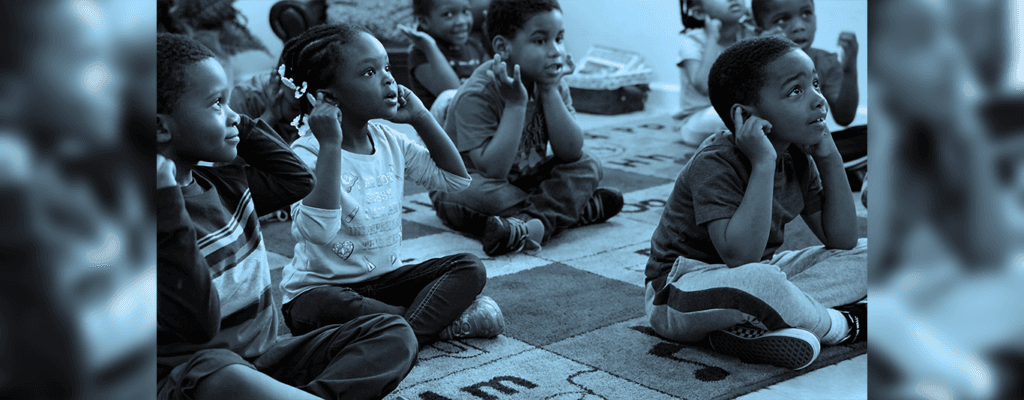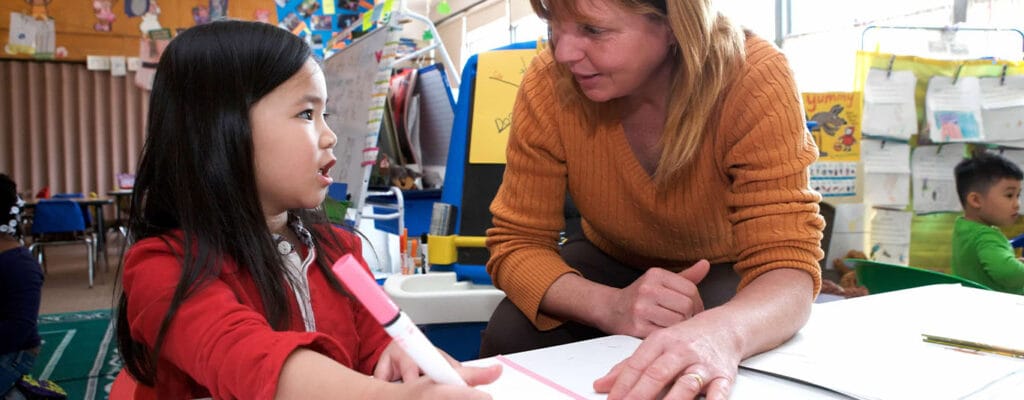


Watch and learn. Our earliest learning experiences are rooted in these words. Parents tell their children “Watch that bird searching for food on the ground” and “Watch me tie my shoes”. We learn by watching. This doesn’t change as we grow older. Most of us, when entering new places and situations, take some time to watch – noticing how people interact with each other and the environment. Even the scientific method is founded on the principles of observation. This same concept is particularly helpful in our classrooms. In order for us to learn about how and why our students are behaving as they are, we need to watch them.
Most of us have experienced the pain of having to stop a lesson to redirect students or correct behavior. Every moment with our students is precious, and when we strive to maximize every minute of the day, these interruptions are costly. Although it can be difficult to allow ourselves time to simply watch our students, the information we can gather during these observations is invaluable. We can reduce those everyday interruptions when we take the time to discover their roots. When we watch, we learn. And when we take the time to learn about and address the causes of the interruptions, we can spend less time correcting and more time teaching.
Several years ago I was working with Diane. We were working together to launch Guided Reading in her classroom, and so we had spent a couple of weeks readying small group and independent learning activities throughout the room. Launch day went really well. Students were excited to be working all around the room and Diane and I were able to meet with two Guided Reading groups. A week later, I checked back in with her. She nearly started crying. She couldn’t get through a Guided Reading lesson without getting up several times to resolve a dispute or bring a student back to their work. She was sure she was doing something wrong. I assured her that she hadn’t done anything wrong, we simply had to figure out what needed to be done. It was a hard sell but I finally convinced her that our time would be best spent if we simply stood back and watched.
We quickly crafted a viewing lens which included noticing what kids were doing and what kids weren’t doing. We also left space to hypothesize why this might be. We spent the next 30 minutes watching students as they went to learning centers and we took copious notes about who was doing what where. As the students went off to lunch, we met to discuss our notes.
“So what did you think?” I asked.
“I can’t believe how much I learned!” she exclaimed. “Kids don’t have all the materials they need in the writing center. No one knows what to do if someone else has the book they want to read. Certain kids are acting like the ‘boss’ of the word work center and…” she continued on for several minutes, overflowing with information she had gathered.
We took those observations and turned them into lessons – we taught students what to do when they are waiting for a book, we set up a system for rotating center captains, and we asked students to tell us which materials they needed close at hand in each area. The next time I visited Diane’s classroom during Guided Reading, a glance around the room told me a happier story. Every corner of the room was bustling with focused activity. Jen was joyfully meeting with a group of students while the rest of the class worked at their centers. Diane shared that in the future, she intended to utilize the “Watch and Learn” strategy (she named it!) anytime someone, something, or someplace in the classroom wasn’t working as she had hoped. She even added that she planned to use the strategy when things were going so well that she wanted to replicate it. Instead of feeling frustrated and blaming herself when things didn’t go as planned, she now felt empowered, able to discover the root casue of an issue, learn what her students needed to succeed, and implement a solution.


Strengthen teacher-child relationships, foster early literacy, and create engaging learning environments with research-backed strategies. 📌 Watch, learn, and apply today.

CLI partners with Florida early education programs to strengthen teaching, empower leaders, and boost child literacy through coaching and professional development.